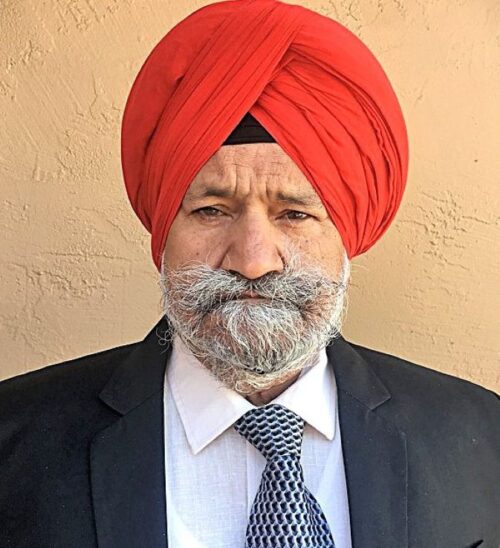 The latest FBI hate crime statistics reveal a deeply troubling pattern: hate-motivated incidents across the United States have been steadily rising, reflecting a growing divide within American society. Despite years of advocacy, interfaith outreach, and government initiatives, the data suggest that prejudice and intolerance are not fading—they are becoming normalized in daily life and political discourse.
The latest FBI hate crime statistics reveal a deeply troubling pattern: hate-motivated incidents across the United States have been steadily rising, reflecting a growing divide within American society. Despite years of advocacy, interfaith outreach, and government initiatives, the data suggest that prejudice and intolerance are not fading—they are becoming normalized in daily life and political discourse.
According to FBI figures, hate crimes in the U.S. jumped from 8,263 incidents in 2020 to nearly 11,700 in 2024, marking an increase of more than 40 percent. Preliminary data for 2025, based on the first six months, indicates that the total could once again reach around 11,000 incidents by year’s end. This means that nearly one in every four violent or bias-related crimes today is motivated by hate.
Communities that remain most affected include African Americans, Jews, Hispanics, Asians, Muslims, and Sikhs. Anti-Black hate crimes continue to make up the largest share, with over 3,200 cases reported in 2024. However, some of the sharpest increases have been recorded among religious minorities. Between 2020 and 2024, anti-Jewish hate crimes rose by 262 percent, anti-Islamic hate crimes by 207 percent, and anti-Sikh incidents by 154 percent. These numbers represent not just statistics but the real, lived experiences of people targeted for their faith, culture, or appearance.
For Sikhs in particular, the situation remains worrying. In 2024, 143 anti-Sikh incidents were recorded, and in just the first half of 2025, 105 more have already occurred. If the trend continues, the total for the year will surpass 200 cases, making it the highest figure in recent years. Many of these attacks stem from ignorance and misidentification, with Sikhs often targeted due to mistaken identity or lack of awareness about their faith.
Another observation from the FBI report is the choice of terminology. The Bureau uses neutral descriptions like “Anti-Jewish,” “Anti-Islamic,” “Anti-Hindu,” and “Anti-Sikh,” instead of socially charged words such as antisemitism, Islamophobia, or Hinduphobia. This reflects an attempt at legal precision but also reveals the complex politics surrounding definitions of hate. In recent years, debates have intensified over whether criticism of Israel’s policies should be categorised as antisemitism. Similarly, attacks against Sikhs and Hindus are often undercounted or misclassified due to limited understanding among authorities.
The continuous rise in hate crimes points to a deeper crisis within American democracy. Polarization, political manipulation, online radicalization, and misinformation have all contributed to an environment where bias thrives. What was once considered fringe behavior has increasingly entered mainstream spaces, weakening the social trust that binds communities together.
Experts believe that addressing this crisis requires more than policing—it demands education, cultural understanding, and sustained community engagement. Schools, universities, and public institutions must take an active role in promoting tolerance and empathy. Awareness campaigns that highlight the contributions of diverse faith groups can also help dismantle stereotypes and foster unity.
While the numbers are alarming, they also serve as a wake-up call. The challenge before America is not just to reduce hate crime statistics but to heal the divisions that allow such crimes to occur. The strength of the nation lies in its ability to embrace diversity, protect the vulnerable, and reaffirm the principles of justice and equality for all.